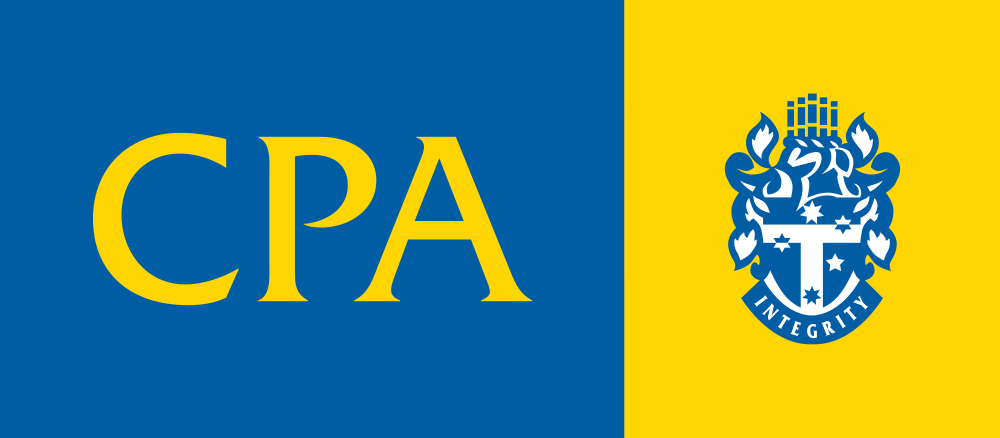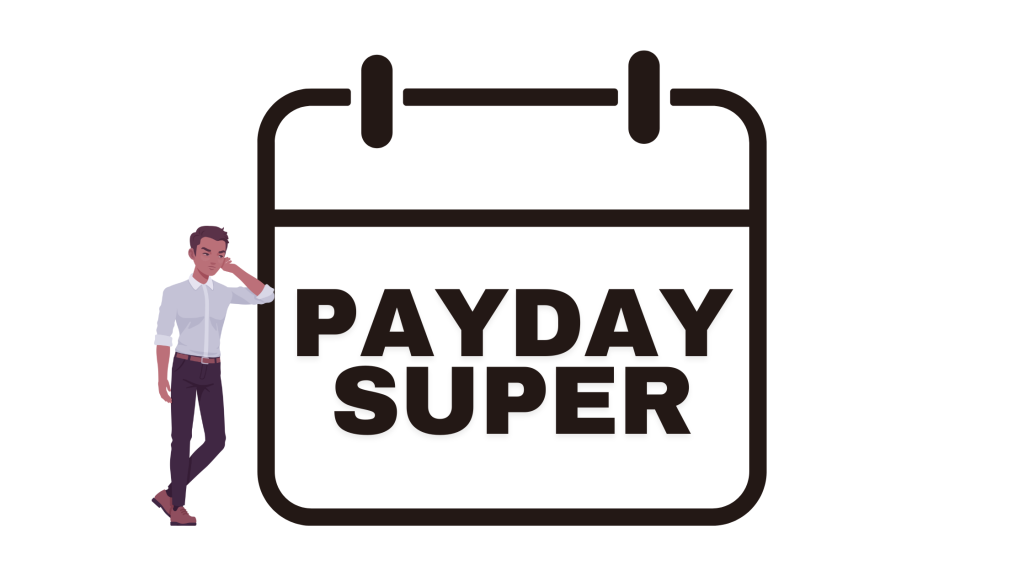Starting July 1, 2026, Australian employers will need to pay superannuation contributions at the same time as wages instead of quarterly. This new rule, known as “Payday Super,” aims to improve retirement savings for employees and ensure super is paid on time. Businesses will need to update their payroll systems and adjust cash flow management to comply with the changes.
Understanding the New Payday Super Requirements
Timing of superannuation payments
- Current system: Employers pay super contributions quarterly.
- New requirement: Super must be paid at the same time as wages.
Enforcement and penalties
- The government will introduce stronger enforcement measures to ensure businesses comply.
- Penalties will be harsher for unpaid or late super payments to encourage timely contributions.
Preparing Your Business for Payday Super
1. Assess your current payroll and super processes
- Review how your business currently handles super payments.
- Identify any areas that may need improvement to align with the new requirements.
2. Update your payroll systems and workflows
- Ensure your payroll system can process super contributions with each wage payment.
- Work with your payroll provider or accountant to make necessary updates.
3. Adjust your cash flow management
- Since super will be paid more frequently, businesses need to plan their cash flow accordingly.
- Maintain enough funds to cover both wages and superannuation obligations without financial strain.
4. Communicate changes to employees
- Inform your staff about the upcoming Payday Super changes so they understand how it benefits them.
- Address any concerns or questions they may have about the transition.
Key Considerations and Potential Challenges
- Cash flow impact: Paying super more frequently means businesses must ensure they always have enough funds.
- Accuracy and compliance: Payroll systems must be updated to avoid errors or late payments.
- Staying informed: Businesses should stay updated on any further changes or requirements related to Payday Super.
Preparing for the Payday Super rule is essential for businesses to remain compliant and avoid penalties. By reviewing payroll processes, updating systems, managing cash flow, and communicating with employees, businesses can ensure a smooth transition.
The government is accepting feedback on the draft legislation until April 11, 2025. Employers should take this opportunity to share any concerns or suggestions. Consulting a payroll expert or accountant can also help businesses navigate this change effectively.



